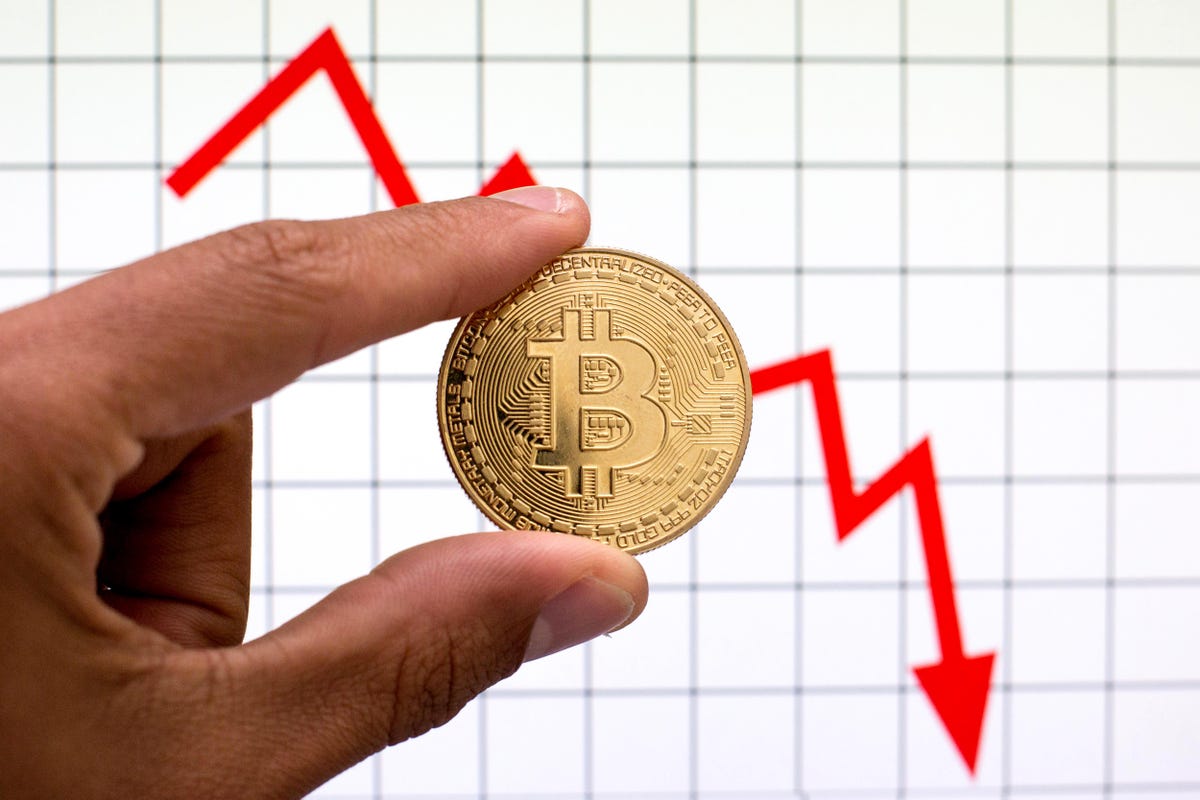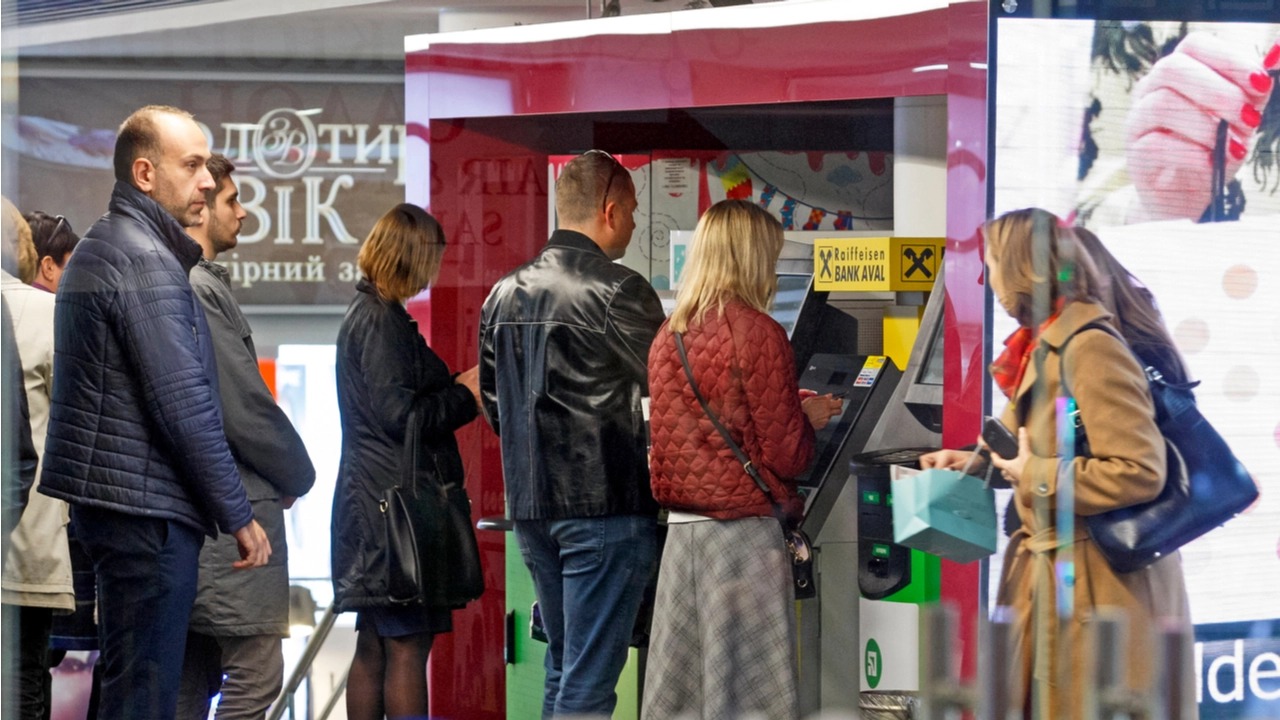
With the rise in digital assets, the fortunes of crypto entrepreneurs and investors have collapsed with them. It is possible that the worst is yet to come.
Forbes has tracked ten of the most wealthy cryptocurrency moguls. Their combined losses have been $26.9 Billion since November 10, 2021 when Bitcoin and the entire crypto market reached their peak in value. Three of the ten are now worth half the amount they were in November, a shocking loss for the volatile cryptocurrency sector.
According to CoinMarketCap data provider, Bitcoin, the most valuable digital asset, has fallen 50% since November 10 when it hit an all-time high at $68,622, an unprecedented market value. At midday Monday, the cryptocurrency was trading at $34,326-the price Forbes used for calculating current holdings. Six hours later, Bitcoin jumped to $36,000.
Others cryptocurrencies are following suit. Ether, which is the second-largest digital asset, also saw a halving in value since November. Stocks that are correlated with cryptocurrencies have also fallen. Coinbase Global shares have fallen 42% since Bitcoin’s peak. They fell from $328 per share down to $191 at market close on January 24, 2018. Coinbase’s cofounders, Brian Armstrong, CEO of Coinbase Global and Fred Ehrsam, a billionaire board member have lost more than $7 billion between them.
MicroStrategy is a software company that has invested more than $3 billion of corporate treasury in bitcoin. Its shares have fallen 55% since November 10. MicroStrategy, a software company that invested over $3 billion of its corporate treasury into bitcoin, is down 55% since November 10. MicroStrategy CEO Michael Saylor is a Bitcoin investor. His fortune has plunged 55%.
Few digital assets have done well. On November 10, the total market capitalization for all cryptocurrencies was almost $3 trillion. This number stood at $1.7 trillion on November 10, which represented a 43% plunge in three months.
The market turmoil may not be over for crypto investors. Analysts believe that the crypto sector is heading for a bear market due to central bank tightening, rising bond yields, and a decrease in investor appetite for cryptocurrencies.
This is not all bad news, however, for crypto’s tycoons. In November, Tyler Winklevoss and Cameron Winklevoss raised the valuation of their crypto exchange Gemini to $7 billion. That was before Bitcoin crashed, so it protected their net worths for now.
Other investors remain optimistic: Tim Draper (a billionaire investor who spent $18.7million on almost 30,000 bitcoins last year) told Forbeslast Wednesday that he believes Bitcoin could surge more than 600% to $250,000 this year, despite the bearish market conditions. Draper stated that as interest rate concerns drive down the markets, Draper believes some marginal cryptocurrencies will vanish and that more focus will be put on Bitcoin and other important coins. He has every reason to believe that Bitcoin will have a bright future, as he holds so much.
This is how the net worth has changed for these ten crypto billionaires, between November 10, 2021 and January 24, 2022.
The following calculations were made using close-of market stock prices and crypto asset prices.





